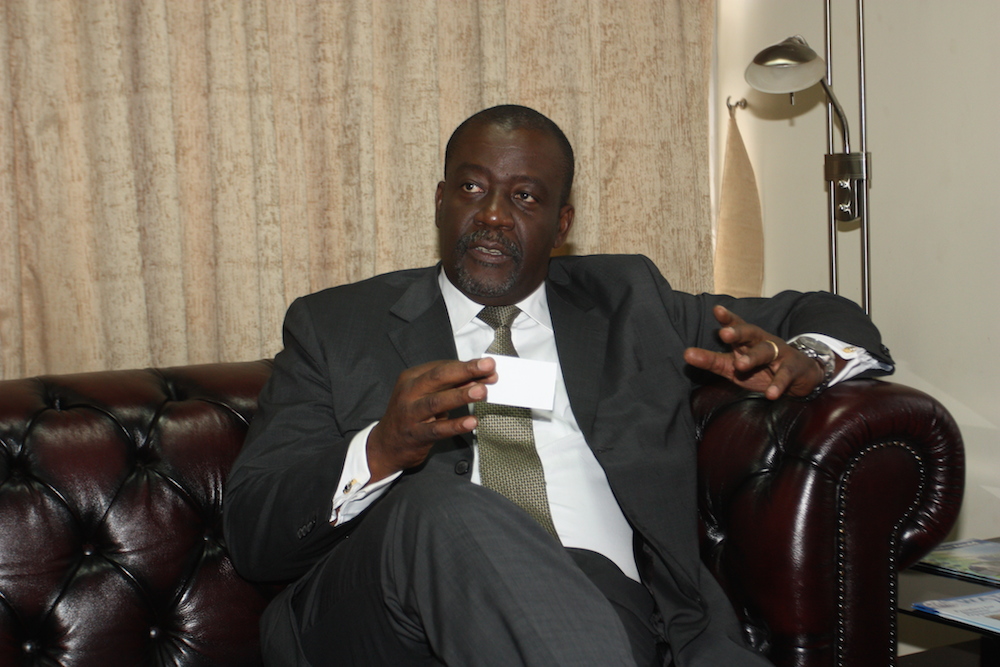
The Kingdom of Swaziland and the United Nations International Fund for Agricultural Development (IFAD) have signed an agreement to finance the Smallholder Market-led Project (SMLP).
The Smallholder Market-led Project (SMLP) is an initiative that will improve food and nutrition security and increase the incomes of 10,900 households, in particular smallholder farmers living in Lubombo and Shiselweni regions where the drought has been most severe.
A press release issued by IFAD indicates that the total project investment is US$21.1 million, which includes a $9.6 million IFAD loan and a $500,000 grant. The government of Swaziland will contribute $6.6 million while local private sector companies will contribute an additional $600,000 while Swaziland is seeking co-financing of $3.8 million from other donors to make up the remainder.
The agreement was signed in Rome by the Swazi Minister for Agriculture Moses Malindane Vilakati and Kanayo F. Nwanze, President of IFAD.
The release indicates that in Swaziland, smallholder agriculture remains the backbone of rural people’s livelihoods. Smallholder farms suffer from frequent droughts, aggravated by climate change effects, and poor access to services and markets, leading to low productivity and declining food and nutrition security which affects children most among the poor rural population. This situation has been further exacerbated by extreme drought conditions since May 2015.
Therefore, it is anticipated that the new project will address these challenges by helping farmers diversify their agricultural production and get their goods to markets, at the same time strengthening their resilience to the effects of climate change.
“The approval of SMLP by IFAD’s Executive Board comes at the right time when Swaziland like many other Southern African countries are suffering from the severe drought and food shortage,” said Thomas Rath, IFAD Country Programme Manager for Swaziland. “This is the concrete example of IFAD’s commitments to work together with governments in a sustainable manner to help vulnerable smallholder farmers build up resilience to climate induced shocks.”
The release adds that the project will promote adoption of modern agricultural technologies and techniques including post-harvest processing and storage, improved seeds and small-scale irrigation to improve the productivity of crop and livestock producers in the project areas. It will concentrate on the production of commodities that respond to demands of local markets as well as farmers’ own needs for sustenance and income, including beekeeping and production of legumes, vegetables, fruits, chicken and goats. In addition, to safeguarding the food security of the farmers’ households, the production of maize and sorghum will also be developed.
To be implemented by the Ministry of Agriculture, the new project will develop approaches for small producers to obtain market information, such as demand and commodities prices, provide extension services and create new jobs for young people in rural areas.
Since 1985, IFAD has invested a total of $44.4 million in 5 programmes and projects in Swaziland, generating a total investment of $163.5 million, benefiting some 41,555 rural households, the release says.












